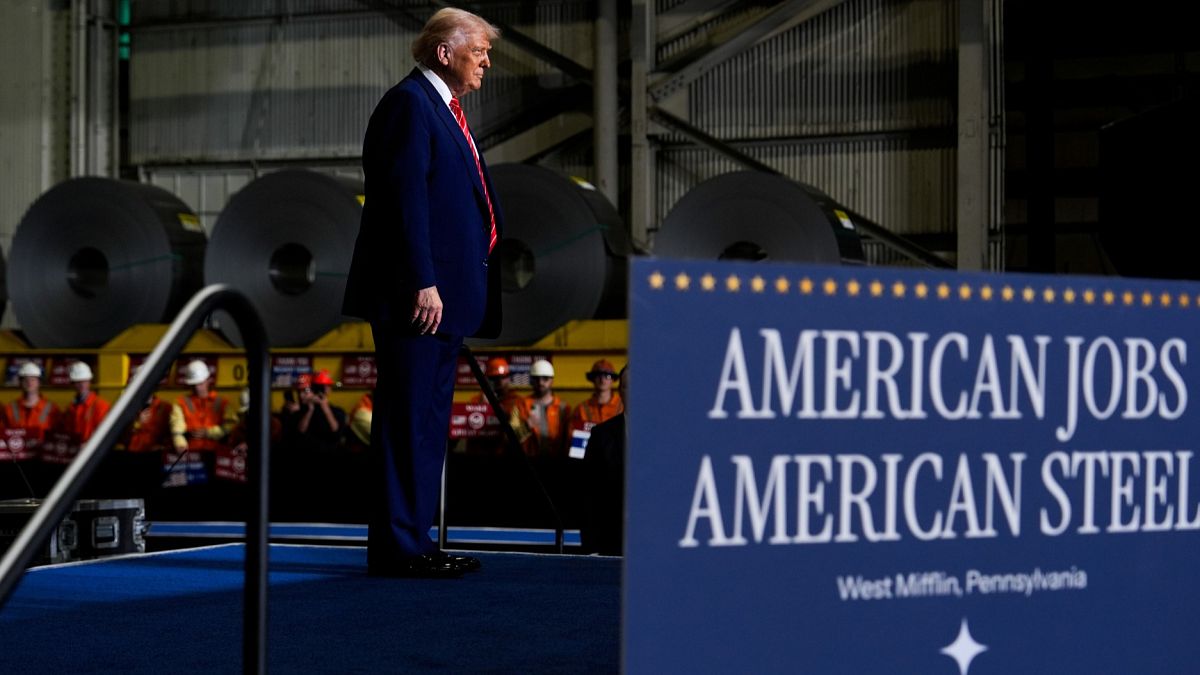

In an impressively interconnected world, recent developments in industry, energy, and sustainability underscore the complexity and dynamism of global markets and ecological responsibility. Each of these facets is seeded with both challenges and opportunities for growth, adaptation, and transformation. Let’s explore some significant stories unfolding on the global stage.
In the United States, former President Trump has introduced a 50% tariff on steel, aluminum, and copper imports, a move that reaches beyond economic strategy and into the realm of renewing industrial strength and energizing his MAGA support base. This policy aims to reclaim manufacturing sectors perceived as lost, rallying patriotism within the context of industrial productivity. The decision to impose such tariffs is a clear nod towards fostering homegrown industries and reflects a sustained narrative of economic nationalism.
Parallel to this, the oil sector saw a significant announcement from OPEC+, as eight member countries agreed to increase oil production by 547,000 barrels per day starting in September. This decision marks a measured response to the evolving demands of global energy markets and can potentially stabilize prices while balancing international supply and demand. These measures reflect the collaborative efforts within OPEC+ to adapt to global economic conditions while maintaining energy market stability.
On the subject of oil, BP has made a notable discovery in the Santos basin off the Brazilian coast, marking its largest find in 25 years. This significant oil and gas reserve could bolster BP’s portfolio as it renews its focus on fossil fuels, underscoring the ongoing balance energy companies try to achieve between fossil fuel dependency and the shifting towards renewable resources. This discovery is particularly noteworthy as it reflects BP’s adaptive strategy in shifting global energy landscapes.
In environmental accountability, Italy has fined fast fashion giant Shein €1 million for greenwashing, making it the second European country to hold the company accountable for misleading claims of sustainability. This penalty highlights the increasing vigilance and regulatory measures being applied globally to ensure corporate environmental responsibility. This development sends a clear message to businesses about the importance of genuine environmental commitments and the consequences of deceptive practices.
Across the Adriatic, Albania is ambitiously pushing forward with plans to transform into a cashless society by the end of the decade. This bold initiative is driven by the country’s leadership and is intended to modernize the economy, reduce corruption, and improve financial inclusivity. However, the path to a cashless society poses challenges, especially in a cultural climate where trust in banks is not uniformly established. Navigating these challenges will require expansive efforts in technology, education, and policy adaptation.
The global economic and environmental landscapes continue to evolve rapidly, with actions in one part of the world often reverberating far beyond their origin. These stories, each distinctive in scope, collectively illuminate the intricate weave of policy, industry, and ecology that define our times. Observers and stakeholders alike must remain mindful of the sweeping changes inherent in globalization and the continual pursuit of sustainable practices.
Source: {link}
